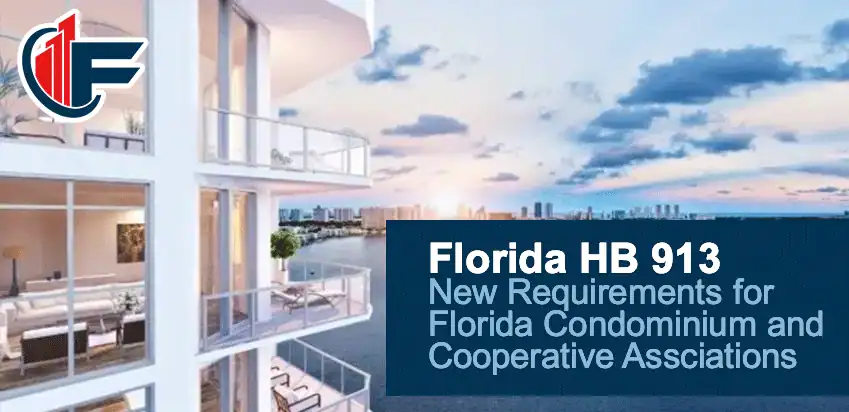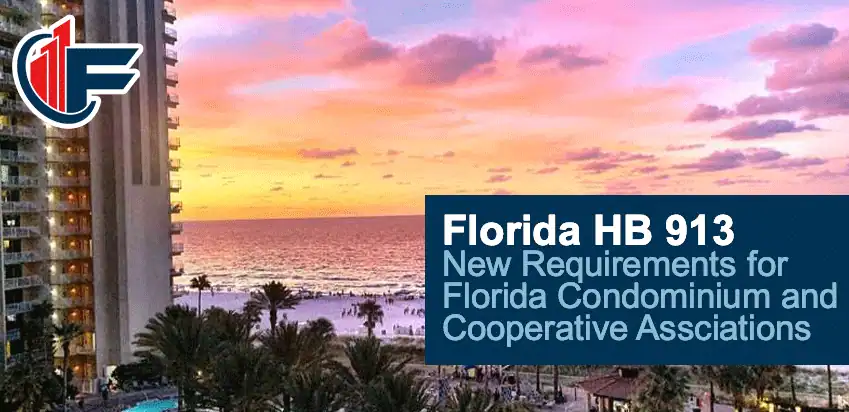What is a Reserve Study Inspection?
A reserve study inspection is the hands-on phase of a reserve study, where certified professionals assess your property’s major components—roofs, elevators, HVAC systems, structural elements—to determine their condition and remaining lifespan. This data drives the financial planning that ensures your community has funds for future repairs, avoiding costly special assessments. In Florida, inspections are tailored to unique challenges: hurricanes accelerate wear, saltwater corrosion damages coastal condos, and SIRS regulations, updated by HB 913, mandate detailed assessments for condos three habitable stories or taller by December 31, 2025. FPAT’s inspections, led by certified engineers from our Safety Harbor base, combine on-site expertise with Florida-specific knowledge to deliver accurate, actionable results. Curious about the full reserve study process? Visit our Reserve Study Process page for more details.
Why Inspections Are Critical in Florida
- Hurricanes and Storms: High winds and flooding, common in Tampa, damage roofs and windows, requiring frequent checks.
- Saltwater Corrosion: Miami’s coastal condos face accelerated concrete and steel deterioration, per Florida Structural Integrity Reserve Studies.
- Aging Infrastructure: 40% of Florida condos are over 30 years old, increasing maintenance needs, per 2025 data.
- SIRS Compliance: Mandated by Florida Senate Statutes, SIRS inspections focus on structural components like load-bearing walls and foundations.
Step 1:
Pre-Inspection Preparation
- Review Property Details: We gather blueprints, maintenance records, and prior reserve studies to understand your property’s history.
- Schedule the Visit: We arrange a convenient time, typically 1–2 days, depending on property size. For a 20-unit Tampa condo, this might take 4 hours; a Miami high-rise may need a full day.
- Identify Key Components: We focus on SIRS-required elements (e.g., roofs, foundations) and other major systems, per Community Associations Institute (CAI).
Your role? Provide access to common areas, mechanical rooms, and roofs. FPAT handles the rest, ensuring minimal disruption. Our Condo Reserve Studies in Florida page explains how we tailor inspections for condos.
Step 2:
On-Site Inspection
- Assess Physical Conditions: We visually inspect components like roofs, elevators, and structural systems, using tools like drones for hard-to-reach areas. In 2024, drones helped identify $50,000 in hidden roof damage in a Tampa condo.
- Document Findings: Detailed notes and photos capture wear, corrosion, or damage, especially for SIRS components.
- Evaluate Florida Risks: We account for hurricane exposure and saltwater corrosion, critical for Miami and Tampa properties.
- Engage with Staff: We collaborate with your maintenance team to understand past repairs and ongoing issues.
Step 3:
Post-Inspection Analysis and Reporting
- Analyzes Data: We estimate component lifespans and repair costs, factoring in Florida’s 20% higher repair costs due to 2024 hurricane data.
- Creates a Funding Plan: A 30-year plan outlines reserve contributions, avoiding special assessments. For example, a Miami condo saved $100,000 by spreading roof costs over 10 years.
- Delivers a Report: You receive a clear, visual report with cost projections, prioritized repairs, and SIRS compliance details.
- Presents Findings: We meet with your board to explain results and answer questions, ensuring clarity.
What Sets FPAT Apart
- Florida Expertise: Our Safety Harbor team understands local climate and regulations.
- Certified Professionals: CAI-trained engineers ensure accuracy, with a 95% client satisfaction rate.
- Personalized Support: We guide your board through every step, simplifying compliance.
Serving The Entire State Of Florida
Commercial Services
- Jacksonville
- Hialeah
- Tallahassee
- Fort Lauderdale
- Port St. Lucie
- Cape Coral
- Gainesville
- St Petersburg
- Pembroke Pines
- Coral Springs
- Lakeland
- Miramar
- Boca Raton
- Coral Springs
Common Questions About Reserve Study Inspections
- How long does an inspection take? Typically 4–8 hours for small properties, 1–2 days for larger ones.
- Will it disrupt residents? No, inspections are non-invasive, focusing on common areas.
- What components are checked? SIRS components (e.g., foundations, roofs) and other major systems like HVAC.







